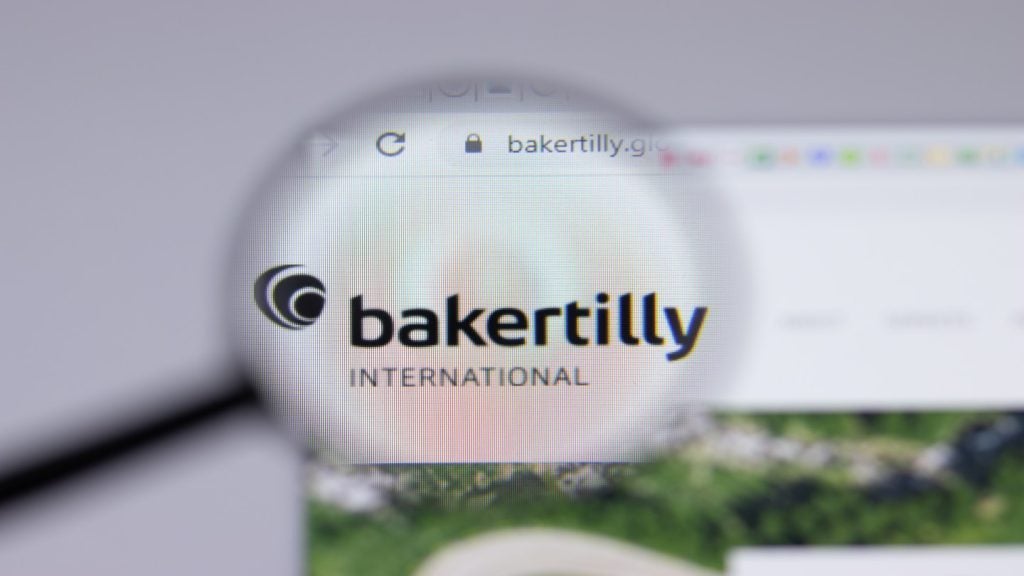
By Alex Foster and Chris Etherington
Last week saw over 250 millionaires demand that wealth taxes be introduced by politicians attending the World Economic Forum in Davos. In a poll undertaken on behalf of the campaign group Patriotic Millionaires, it was found that 58% supported the introduction of a 2% wealth tax on people with more than $10m.
Such a policy may go some way to help the public finances given public sector debt was £2.7 trillion at the end of December 2023, having reached 100% of the UK’s annual gross domestic product last year for the first time since 1961. This equates to approximately £40,000 of debt per person – more than the average UK full-time salary before taxes and other deductions.
However, there is nothing to stop individuals making voluntary donations now in the UK, without a wealth tax needing to be introduced. The UK Debt Management Office (DMO) is responsible for dealing with ‘patriotic gifts’, being donations or bequests from the public where they want to specifically contribute to reducing the national debt. With increasing calls for the very wealthy to pay more in taxes than they do currently, it is interesting to see how many actually use this route to contribute more voluntarily.
From information obtained by RSM under the Freedom of Information Act 2000, there has been a general decline in such donations over the last 10 years from a ‘high’ of 17 in the year to 31 March 2021 to just six donations in the year to 31 March 2023. Most of these gifts are done during the donors’ lifetimes rather than via their wills, with 4 out of the last 10 years resulting in 0 bequests. This is not necessarily surprising though as drafting a will is only done periodically at best, and therefore, you would expect that the wishes of such donors could vary according to matters such as, which party is in power at the time of their passing, current policies and the general economic environment. Therefore, someone may not wish to include such a permanent bequest in their will. Alternatively, there is far more flexibility over a gift of cash or gilts that can be made at any time dependant on their feelings at the time.
However, what is more surprising is that according to the UK Debt Management Office, the six donations in the year to 31 March 2023 amounted to only £47,249, up from a paltry £2,108 from the year before.
How well do you really know your competitors?
Access the most comprehensive Company Profiles on the market, powered by GlobalData. Save hours of research. Gain competitive edge.

Thank you!
Your download email will arrive shortly
Not ready to buy yet? Download a free sample
We are confident about the unique quality of our Company Profiles. However, we want you to make the most beneficial decision for your business, so we offer a free sample that you can download by submitting the below form
By GlobalDataThese were all cash gifts, so an average of approximately £7,875 each in the year to 31 March 2023. This does beg the question whether such a donation is worth the effort (even though it is a relatively straightforward process) and what the actual motive is behind the gifts, given that gifts of this size are only going to make a very miniscule dent in the national Debt. Is it more a case of lower earners giving what they can in line with the principle rather than actually attracting the uber wealthy to contribute?
One possible reason for the total number of gifts being low is that individuals are donating money but their preference is to gift to charities where they can see more clearly the use their money is put to or perhaps to their own foundations where they have even greater control over how the funds are used. HMRC’s latest UK charity relief statistics could suggest this to be the case – overall UK tax reliefs on donations to charities have risen by 8% year-on- year to £1.7bn in the 2022-23 tax year. Another reason may be that these potential donors do not feel that the government is generally using public funds effectively and so don’t agree with the current level of national debt. Or simply, do they just not know that they can contribute in this way?
Whichever the reason, the Treasury does need to consider all methods of reducing the national debt and increasing the public’s confidence in how the public purse is spent could have the additional benefit of encouraging those that can afford it to contribute to improving the country’s financial situation. Given there is an appetite for some to be taxed more, perhaps more could be done to encourage larger voluntary donations.






